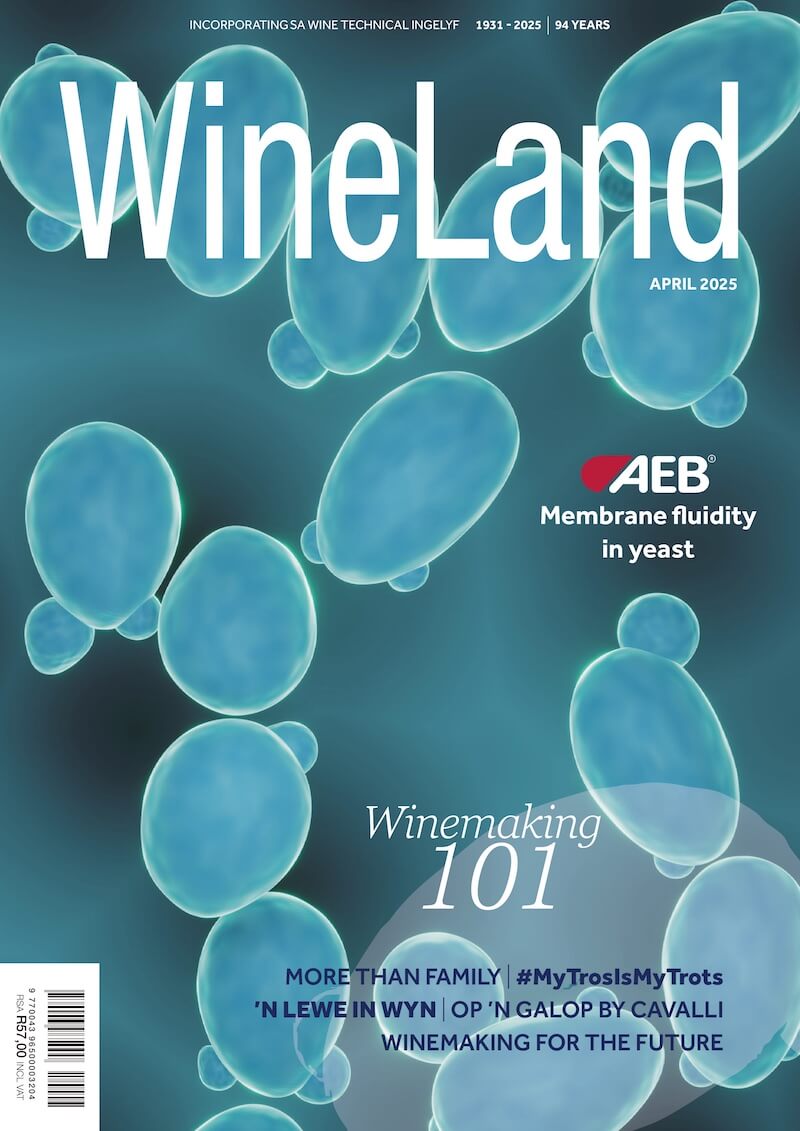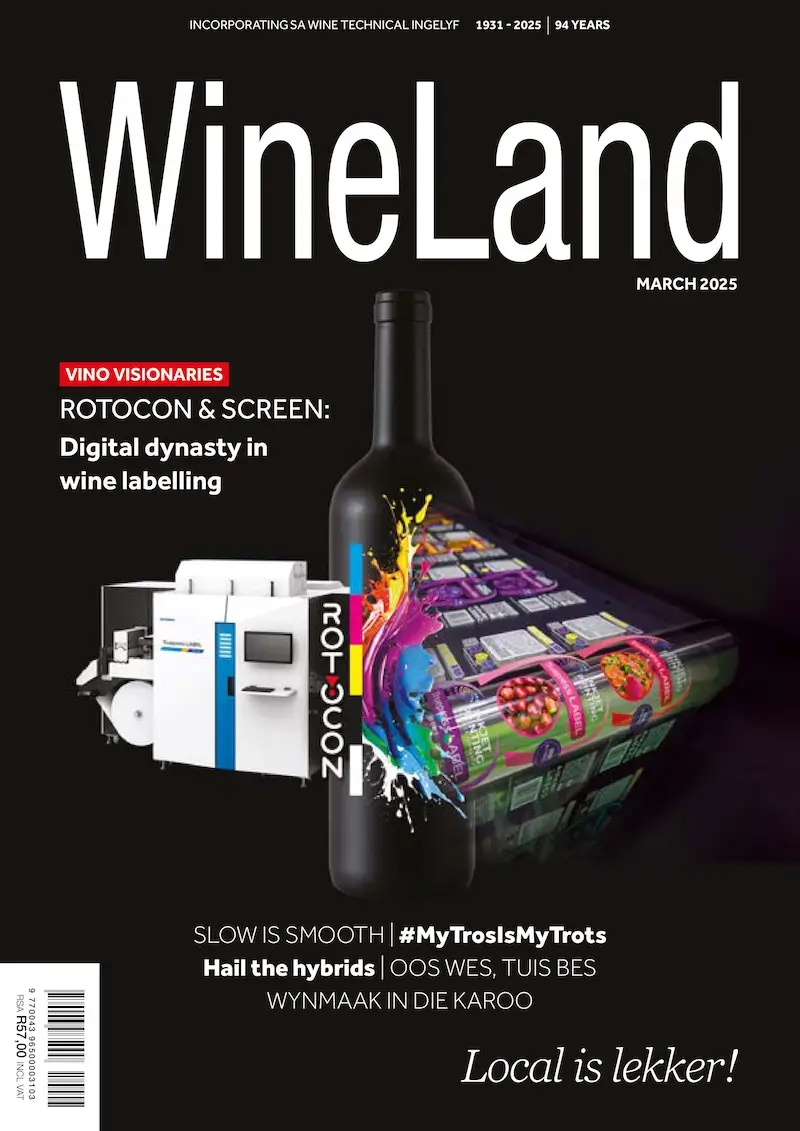A coalition of liquor traders has affirmed their commitment to assist the government in its fight against the illicit liquor trade.
Speaking on behalf of the coalition, Lucky Ntimane, said that the sector was in full support of the government’s efforts to deal with the dangers of the illicit liquor trade. He said that while unlicensed outlets did create business opportunities and that between 180 000 to 265 000 individuals depend on this informal trade for their families’ livelihoods, it needed to be regulated.
“We are a hundred per cent in support of a more regulated alcohol industry,” he said. “An important part of this process is to incorporate the shebeens and individual traders into the formal alcohol trade.”
Ntimane was speaking at an event on Friday, 2 October, convened by Gauteng provincial commissioner, Lieutenant General E Mawela, to dispose of confiscated alcohol, which took place at the Johannesburg Central SAPS.
“What we witnessed here today was a demonstration of our commitment to work with the government and police on the problems of illicit trade and to nip this in the bud,” he said.
Ntimane said it was in the interests of the industry that all traders comply with the provisions of the Liquor Act. He stressed that the sector was fully aware of the need to enforce the conditions and regulations of the Covid-19 pandemic Alert Level 1.
The alcohol industry has agreed to work with the government to address the illegal trade problem. Ntimane pointed out that illicit alcohol not only posed substantial health consequences. The low prices and lack of oversight in the illicit sector often led to underage and binge drinking. It also has a severe impact on the fiscus. Annually, illicit trade accounts for an estimated 15% of market share by total sales by volume, and a loss to the government fiscus of R6.4 billion.
Ntimane said the alcohol industry sought a social compact with the government, industry, and civil society to prove that a strong industry and less harmful use of alcohol was not only possible but also the right goal for our nation.
“For the industry to implement the new social compact, it is willing and ready to make major financial commitments,” he said. “The industry has already committed R150 million to address the four specific areas prioritised in the social compact: reducing the incidence of binge drinking, drink driving, and underage drinking and gender-based violence.”













